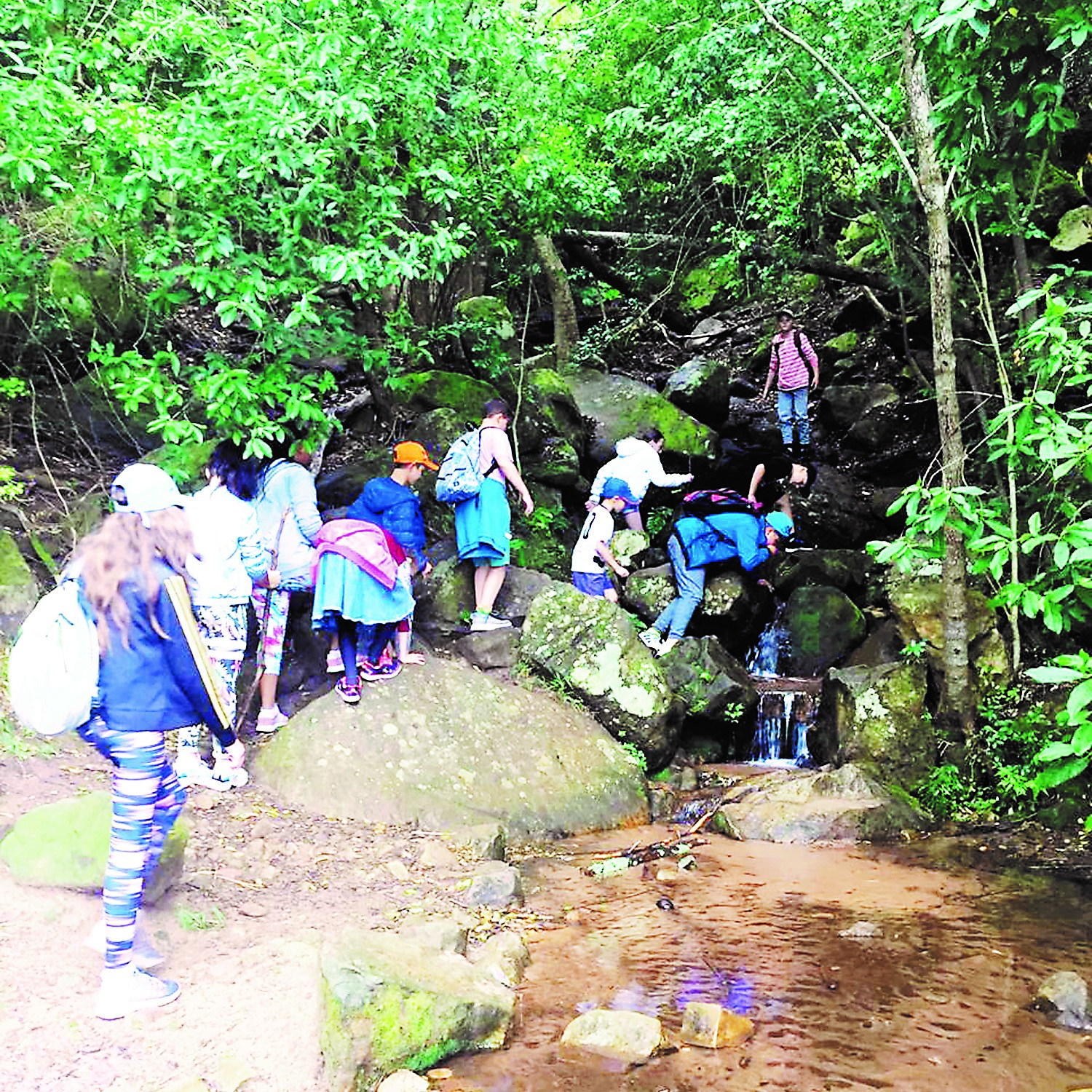
Featured Item

Camp Kesher, a lesser known Jewish youth machaneh
JORDAN MOSHE
Kesher was founded more than 75 years ago as a safe and fun place for kids from 8 to 17 who need a smaller environment and more individual attention, according to camp leader, Meir Spector.
“We aim to grow individual children into the best they can be in a small, intimate environment, while giving them an experience that will forever have a positive impact.”
Kesher maximises the potential of its small size by making sure that madrichim (leaders) give each camper constant care, according to Spector.
“Madrichim at Kesher have very little downtime,” Spector says, giving an example. “We once had a channich (camper) whose father passed away before camp. During the shloshim [30-day period following burial], he wanted to learn Pirkei Avot in his father’s memory. He continued learning while on camp, and always had a maddie to learn with him, making sure he completed his learning in time.
“Our maddies give support no matter what channies are going through,” he said.
Kesher endeavours to make camp affordable for all. The fees last year were R10 000, including flights, food, and outings. “We have a policy of never turning a child away for financial reasons,” says Spector. “This means that often we give full subsidies. We don’t want any child to miss out on this life-changing experience because they can’t afford the fees.
“Any Jewish child is welcome to attend provided they meet some standard criteria. Unfortunately, we cannot accept a child where a psychologist or social worker advise us otherwise. Every prospective child meets a member of the organising committee before camp so that we can assess their fit for camp.”
The madrichim are trained to be prepared for many eventualities, including dealing with children who are bullied or come from broken homes.
Because Kesher caters for children who might be different, a misconception exists that the camp is only for troubled youth or children who have severe social issues, or children who can’t afford other camps. “In truth, Kesher is a safe, accepting space for children who need more attention in a camp environment. It’s a melting pot of children who come from various backgrounds and income levels who come to be accepted and heard.”
Cindy Kree, the executive director of the Union of Jewish Women and a social worker, said her experience at Camp Kesher motivated her to make her life something she could be proud of. “Camp Kesher gave me hope that I could live life to the fullest, and that anything is possible.”
Kree went on camp for the first time in 1996, at that stage a rebellious youth who challenged her Jewish identity. Kesher changed that.
“It gave me an opportunity to go on a holiday that my parents couldn’t give me, experience things, and make new friends,” says Kree. “To this day, I know that a huge part of why I have my home filled with the warmth of Yiddishkeit is due to the madrichim at camp.”
The earliest records of Camp Kesher date back to 1946. “The camp was originally called the Bikkur Cholim Camp, in line with the name of the non-profit organisation it falls under,” says Spector. “The name was later changed to reflect the essence of camp – which is creating connections with fellow Jews.”
The camp is held in December at a site in Muizenberg, and is usually 17 to 20 days long. Campers engage in a variety of activities, including two daily outings which can involve hiking up Table Mountain, exploring Seal Island, enjoying water slides, and many other fun experiences around Cape Town.
“As a parent, we want our children to experience life to the fullest,” says Kree, today the mother of three boys. “I know for many parents the cost of school is high, and giving our children similar experiences and memories to the ones we had as kids is difficult. Camp Kesher makes it possible for all children – finances and social circumstances don’t matter.”
In addition to the December camp, Kesher also runs a weekly learning programme known as Torah and Chill, hosts camp reunions, and manages a programme in which madrichim are encouraged to take their channichim out periodically. “All of this ensures that the connections from camp carry on throughout the year,” says Spector.





Martin Nelson
November 24, 2024 at 3:25 pm
Hi Do you accept non Jewish boys from Kenya aged 15 and 17